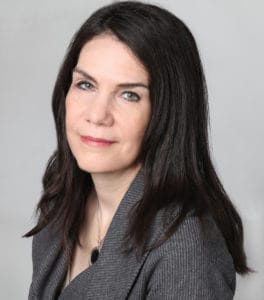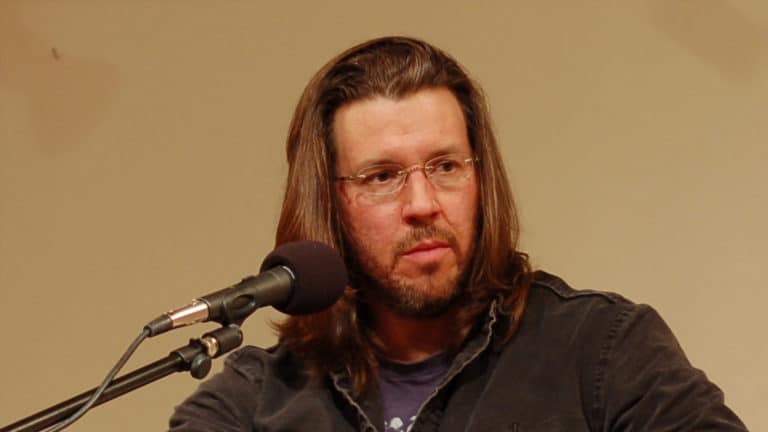I’ve been an editor for a very long time—let’s say several lifetimes in dog years—and I’ll let you in on a secret. Although your workshop colleagues will (ideally) read your entire manuscript carefully, generously, and kindly, an editor will begin making a decision in about a minute.
Yes, editors are people who love books, love writers, and love the thrill of discovery. If a good editor chooses to work with you, he or she will pay exquisite attention to every hiccup of language. But that will happen only if the editor makes it past the first few pages. The reality is that any editor who still has a job is faced with more manuscripts than there are hours in the day; editors (and agents and booksellers and prize committees) must, by necessity, read for elimination. A professional reader is not going to wait for you to redeem yourself on page thirty if she sees no prospects on page one. For that matter, real-world readers trying to make a decision in a bookstore or from an online sample are going to make a similar snap judgment.
Too often, writers fear that in order to get attention in an over-stimulated world, they need to open with a car crash, a zombie apocalypse, an explosion of expletives, an alternate universe, or prose that turns cartwheels on the ceiling. It’s not that those things can’t work, but they’re certainly not necessary, and unless they’re done exceedingly well, they backfire. What the editor is really looking for is presence on the page—a feeling that you, the author, are in control; that you have a deep respect for language and a well-made sentence, no matter how plain or ornate; that something is at stake; and that in addition to whatever plot you are hatching, you can create friction in the simple act of rubbing two sentences up against each other.
Titles matter. A good title can be the difference between whether an editor plucks a story from the slush pile and reads it herself or passes it to an intern who also has too much to read. Let’s consider a few knockout titles, old and new: “A Good Man is Hard to Find” (Flannery O’Conner), “The Dead” (James Joyce), “The Tenth of December” (George Saunders), “The Bear Came Over the Mountain” (Alice Munro), “Enormous Changes at the Last Minute” (Grace Paley), “I Stand Here Ironing” (Tillie Olsen), “A City of Churches” (Donald Barthelme), “Why I Live at the P.O.” (Eudora Welty), “St. Lucy’s Home for Girls Raised by Wolves” (Karen Russell), “What Have You Done?” (Ben Marcus). We could spend hours deconstructing these, but all of them, whether by wit, allusiveness, irony, mystery, or some combination of the above, entice you to enter. This story, you think, might be the rare ticket to someplace new. A great title not only lures the reader in but also creates an after-buzz, deepening the story in ways that might defy articulation.
The tension between the title and first paragraph can also create drama—say, a stately title juxtaposed with an adrenaline-charged story; an extremely long title atop a micro-fiction; a title that keeps you wondering when the payoff will hit. With every connection, between title and story, between one paragraph and the next, between every word, you are either gaining or losing energy. Those classics people like to cite for not having much going on for the first fifty pages—look again, and you’ll see the firm authorial presence steering the leisurely journey.
An editor can help a writer fix all manner of “mistakes” but the one thing she can’t do is breathe in life when it isn’t there. A strong title and opener declare that life, and they set the terms for all that follows. (With regard to process, however, I often suggest to students that they write the title last, after the full arc of events has revealed itself.) Having thrown down the gauntlet, you need to fight to the end, but know that your initial moves may well make or break you. Ultimately, every reader is asking is the same question: Do I want to spend time in the company of this narrative voice? The writer’s first order of business is to get to yes.





















